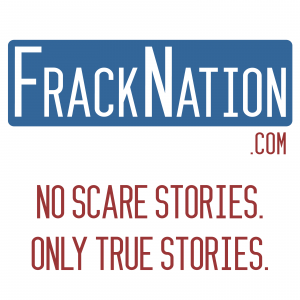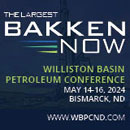The U.S. is enjoying a startling revival of its oil & gas industry. Millions of jobs and billions in revenues have been unleashed by tech-centric drilling on private and state lands. Domestic oil production has reversed a 40-year decline. There’s so much natural gas in production that ports planned a few years ago to handle imports are now being redesigned for exports.
But the primary technique responsible for this largesse, simplistically known as “fracking,” has become embroiled in controversy over safety claims. Activists are trying to get it banned wherever they can — by town, city, or state — and simultaneously to encourage onerous new federal regulations that could throttle the industry.
Much of the alarmism can be traced to a widely excerpted clip from GasLand, a 2010 documentary. It shows well water, drilled near fracked gas fields, flowing from a kitchen sink, aflame. Actually, the water in question “contained biogenic methane” not attributable to hydraulic fracturing. But GasLand writer/narrator Josh Fox says that fact isn’t “relevant.”
This particularly egregious distortion is likely what animated Irish investigative journalist Phelim McAleer to dig deeper into GasLand’s claims. McAleer’s resulting documentary, FrackNation, opens January 7 in New York City. FrackNation is an elegant antidote to GasLand, andcoincidentally to Matt Damon’s new Promised Land, the latter a “clumsy crusade against fracking,” according to a recent NRO review.
McAleer begins witha revealing public exchange with Fox at a GasLand screening in 2011, then visits the residents of the bucolic farmlands where fracking is done, or could be done. (Full disclosure: McAleer also interviews my colleague, Manhattan Institute senior fellow Robert Bryce.) Fox repeatedly refuses an interview, so McAleer executes a Michael Moore–style ambush. Fox scurries away, and gets security to remove McAleer and his team from a public building. In running, Fox only indicts himself.
FrackNation eviscerates one after another of Fox’s claims, including an assertion that breast-cancer rates soared around Texas’ shale-oil fields. The AP has reported the Texas Cancer Registry shows no such fact.
McAleer’s gentle manner and Irish brogue are well-suited to this often emotionally charged issue. Still, at one point McAleer is threatened with potential violence by a woman who has claimed her well water was contaminated by fracking but refuses to share with McAleer the EPA test that showed otherwise. With a Freedom Of Information request, McAleer pried loose the EPA video documenting that agency’s contentious meeting with the homeowner.
The issue for McAleer is not just the unreasonable alarmism on display, but its effect on the people who are denied the game-changing economic benefits wherever fracking is blocked.
Of course there are local environmental considerations with oil and gas that warrant caution, as with many industries. But the issues — from road wear-and-tear, to noise and surface management of fuel and waste — are not unique to fracking.
For the record, a comprehensive review in the Duke Environmental Law & Policy Forum reached the same conclusion as McAleer: “ . . . hydraulic fracturing is a safe and effective way to recover oil and gas from shale formations.” Even exiting EPA head Lisa Jackson told Congress there are no “proven cases where the fracking process itself has affected water.”
It’s worth pointing out that for every hard-hat job in the field, this boom creates six related jobs from manufacturing and education to health care and information services. It generates royalties and taxes that fund social programs, research, education, and infrastructure. The nation stands to gain over four million jobs from expanding hydrocarbon production, as well asover $2 trillion in total economic benefits. That’s a lot to pass up because of distorted hype over fracking.
— Mark P. Mills is a senior fellow at the Manhattan Institute and author of Unleashing the North American Energy Colossus.






